Safer and more affordable medicine for all? How pharmacogenomics may level the playing field
Posted: 16 March 2020 | Drug Target Review | 1 comment
Dr Mike Tocci discusses how pharmacogenomics can revolutionise medical research and improve the efficacy and quality of drugs.
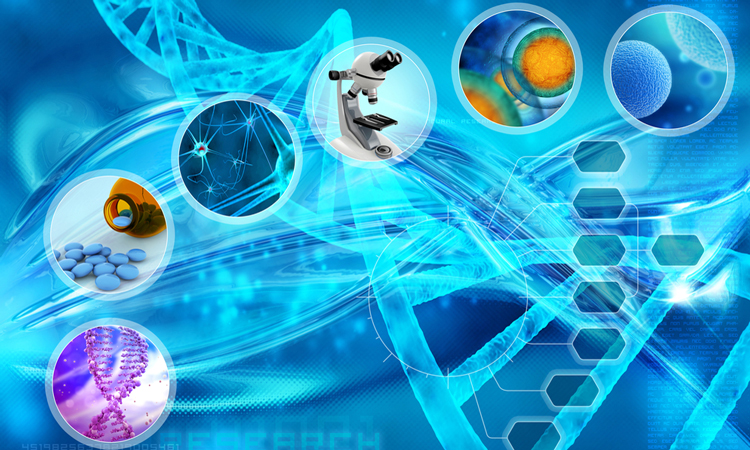
Pharmacogenomics – a new scientific research field focused on the interplay between the human genome and the safety and efficacy of modern drugs – may level the therapy playing field for patients.
According to the US Centers for Disease Control and Prevention (CDC), more than 1.3 million Americans each year end up in the hospital because of an adverse drug reaction (ADR). With more than 100,000 deaths per year attributable to ADRs – making it the fourth leading cause of death – it has become a critical patient safety problem that the CDC, National Institutes of Health (NIH) and pharmaceutical companies have begun to address with pharmacogenomics; a field that focuses on helping physicians select the drugs and doses best suited for individual patients.
…the benefits of this field in healthcare and drug development will overall reduce rates over time”
While most research to date has concentrated on the response to drugs tailored to treat illnesses such as cardiovascular disease, Alzheimer’s disease, cancer, HIV/AIDS and asthma, there may be some light at the end of the tunnel for patients suffering from neuropsychiatric disorders like depression, schizophrenia and bipolar disorder – where patients often suffer severe side effects from their medication even after they have been taken off the drug.
According to Dr Mike Tocci, Associate Dean at the New Jersey Center for Science, Technology & Mathematics at Kean University, US: “Each person has a unique set of genes, so the way the disease manifests itself in an individual and how that individual’s body responds to treatment with specific drugs is different.”
The future of medicine
Tocci highlights that pharmacogenomics is a major component of “personalised medicine.”
“We are understanding the ways drugs are metabolised and achieve efficacy in individuals or are limited by adverse reactions in individual patients or patient populations through our genes. Physicians and drug researchers are rapidly learning how patients respond to certain compounds to better treat disease.”
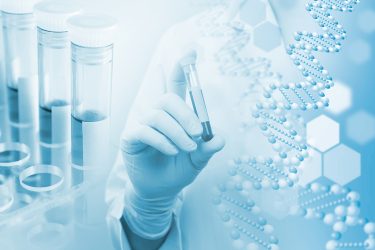 Pharmacogenomics research has proven to be more practical for some diseases than others based on the ability to identify and monitor biomarkers: “We do not have biomarkers for all types of cancer cells or an understanding of what types of cells respond to different types of drugs, but we are learning more about how different cell types function in the human body. Eventually we will gain a better understanding of how our genomes influence the actions of specific drugs,” explained Dr Tocci.
Pharmacogenomics research has proven to be more practical for some diseases than others based on the ability to identify and monitor biomarkers: “We do not have biomarkers for all types of cancer cells or an understanding of what types of cells respond to different types of drugs, but we are learning more about how different cell types function in the human body. Eventually we will gain a better understanding of how our genomes influence the actions of specific drugs,” explained Dr Tocci.
The scope and costs associated with the research raise valid questions about who will benefit the most from this approach, both in the short- and long-term. Patients undergoing cancer therapy are a major focus but there has been progress for those suffering from autoimmune diseases, including diabetes and cardiovascular disease. Physicians will also be a major beneficiary with a more advanced understanding of how to treat patients better with more effective medication and a lower level of risk of adverse events.
While the costs to patients in the early stages of pharmacogenomics may be high, the benefits of this field in healthcare and drug development will overall reduce rates over time through the increased utilisation of biomarkers, gene expression profiling and cell mapping studies. In time, both the efficacy and safety of drugs will improve and as a result, become cheaper for patients.
Pharmacogenomics is heavily dependent on molecular biology and involves a number of processes including PCR, protein ID (Western blotting, ELISA), determining gene expression, gene and protein profiling techniques, cell sorting methods, cell separation techniques (centrifugations), cell imaging methods and the ability to analyse and profile cells in diseased tissues in both human and animal models.
Obstacles to advancement
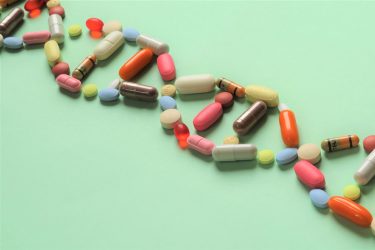 While most news regarding pharmacogenomics has been encouraging, there are still a number of factors hindering the advancement of the field. Tests in animal models are not always predictive of human response, access to adequate numbers of patient samples is restricted and social as well as ethical considerations regarding patient privacy could limit certain groups from participating. The risks and costs associated with pharmacogenomic developments are also important factors that can limit who can conduct research and who can afford to implement this type of treatment.
While most news regarding pharmacogenomics has been encouraging, there are still a number of factors hindering the advancement of the field. Tests in animal models are not always predictive of human response, access to adequate numbers of patient samples is restricted and social as well as ethical considerations regarding patient privacy could limit certain groups from participating. The risks and costs associated with pharmacogenomic developments are also important factors that can limit who can conduct research and who can afford to implement this type of treatment.
“The long-term benefits of pharmacogenomics will be significant. Future work will enable personalised treatment of patients with more effective and safer drugs that will hopefully prolong life and/or improve quality of life by limiting side effects and adverse reactions. The biggest concern will be to ensure that we advance the science from an ethical standpoint and guarantee that all people can benefit and afford this,” concluded Dr Tocci.
Speaking on behalf of OHAUS, Dr Mike Tocci is Associate Dean of Research for the New Jersey Center for Science, Technology & Mathematics at Kean University, where Mike helps oversee the STEM degree programmes. His current research includes working on cancer biology to better understand biomarkers, medicinal chemistry to understand how one can block cancer cells from metastasising and understanding the genomics of how drugs interface with gene products.
Related topics
Biomarkers, Genetic Analysis, Genomics, Pharmacology, Research & Development, Therapeutics, Toxicology
Related conditions
AIDS, Asthma, Bipolar disorder, Cancer, Cardiovascular disease, Depression, HIV, Schizophrenia
Related organisations
Kean University, OHAUS, US Centers for Disease Control and Prevention (CDC), US National Institutes of Health (NIH)
Related people
Dr Mike Tocci




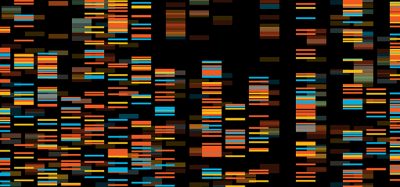

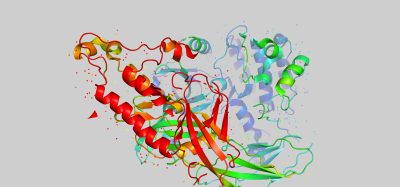
Of course it’s interesting, but it seems to me that this will only work in the distant future, when the amount of information will be so large that at any opportunity a person will simply take blood from a finger, for example, teleport to a laboratory where it will automatically determine in a cell in which artificial intelligence will determine what treatment is best for this person. Because every organism is radically different. Some people have the health of a bull all the time, and then he got sick and some pill that the body can’t digest can make it worse.